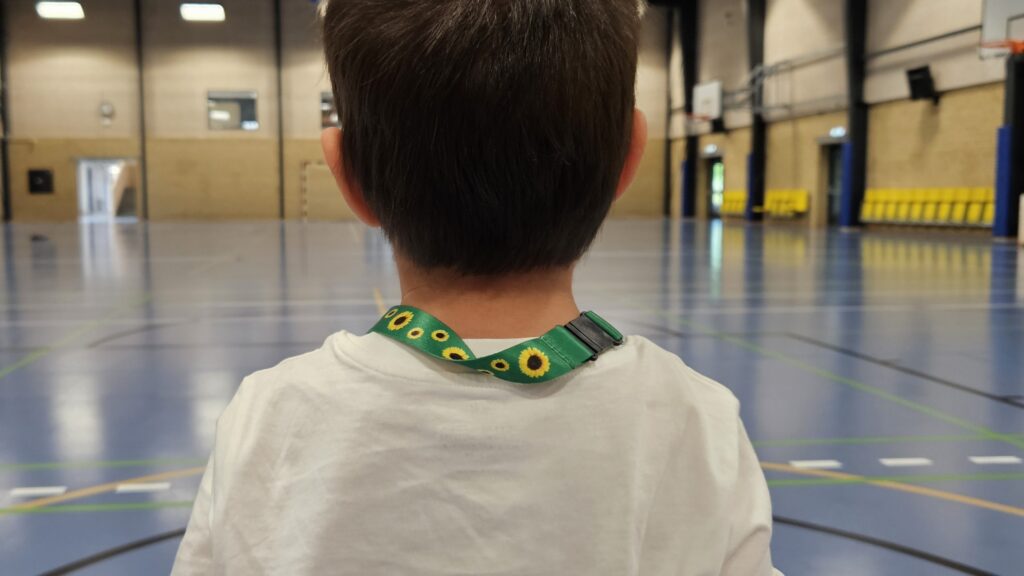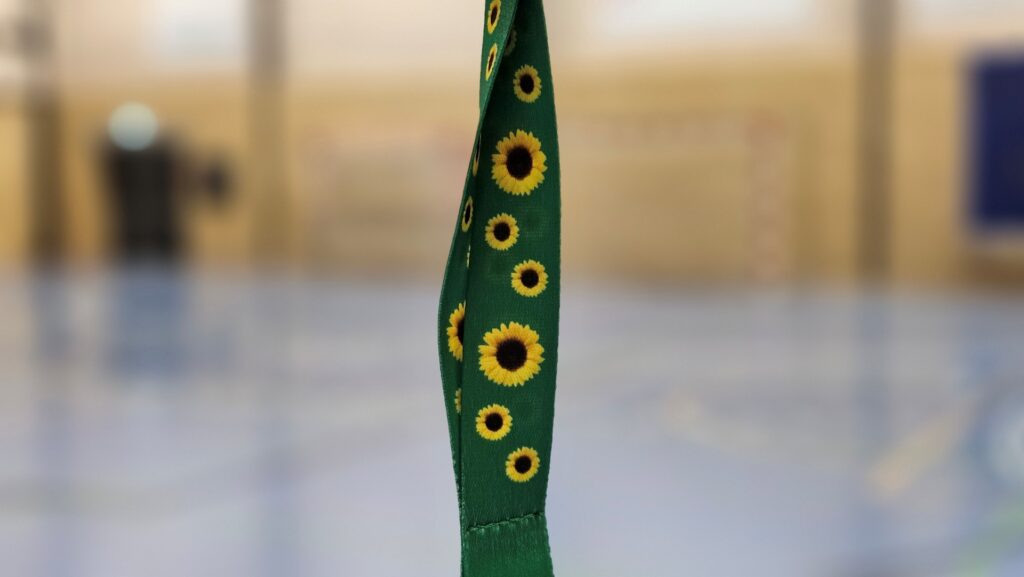
People with unseen or hidden disabilities are underrepresented in leisure activities. The reason is rarely a lack of motivation — instead, many volunteer leaders and coaches in sports clubs do not have the competence and skills needed to integrate this group into organised activities. The Emerging Leisure Communities project is working to make leisure activities and communities more accessible and inclusive for people with chronic illnesses, learning difficulties or other physical or mental conditions that are not immediately apparent.

HOW IT WORKS
The initiative draws inspiration from the sunflower — the international symbol of hidden disabilities. While the symbol is widely used in commercial settings like supermarkets, airports, or theme parks to support quick interventions, its use is less widespread in community club settings which aim to cultivate long-term relationships with individuals.
Building on the symbol’s recognition, the project aims to equip more volunteers with the tools and skills needed to allow all those with hidden disabilities to enjoy positive experiences in community clubs. The project partners are developing new tools for use by volunteers and club leaders who work with individuals on a long-term basis. The aim is to provide them with the knowledge and confidence to make inclusion an everyday part of club life — not just a special effort, but a natural process. The broader ambition is to expand the project to include more people with disabilities in general.
INSPIRATION TO ACTION
Emerging Leisure Communities is a project that is designed to grow from within the community. By training volunteers to work long-term with people with hidden disabilities, it integrates inclusive practices into everyday club life. This approach emphasises local adaptation: tools and interventions are co‑designed with the people they aim to serve, rather than imposed from the outside. This approach is not unique to Denmark. It can be replicated in leisure and community settings internationally through engagement with local clubs, disability specialists, volunteers, and people with lived experience of inclusion practices.
Further information is available in Danish here
